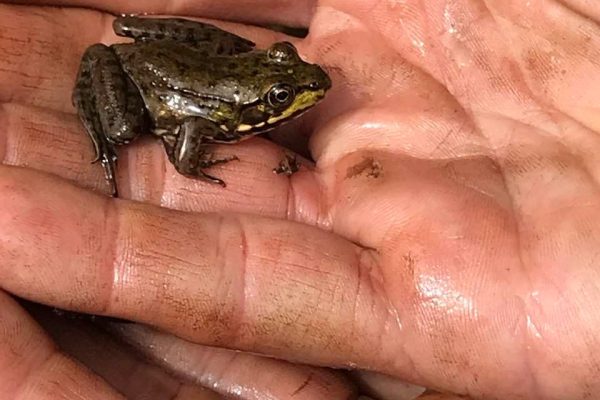“G-d will surely remember you, and then you must carry up my bones out of here with you” (Exodus 13:19)
Now it is time to depart from the Egypt of daily life
into a moment of question and promise;
We bring you with us to the seder table
the way Moses hoisted up Joseph’s bones
and carried them to the promised land.
We carry you now, in memories, on our journey
as we buy gefilte fish
and change the dishes
as we set the tablecloth
and we warm up the chicken soup
as we wonder if there is enough food
and not to forget the boiled eggs.
We carry you now
who carried us, when we were little, with your arms
who supported us with love,
we carry you now as you become the story we will retell
the way we carry the Torah…
the way the Torah lifts us.










